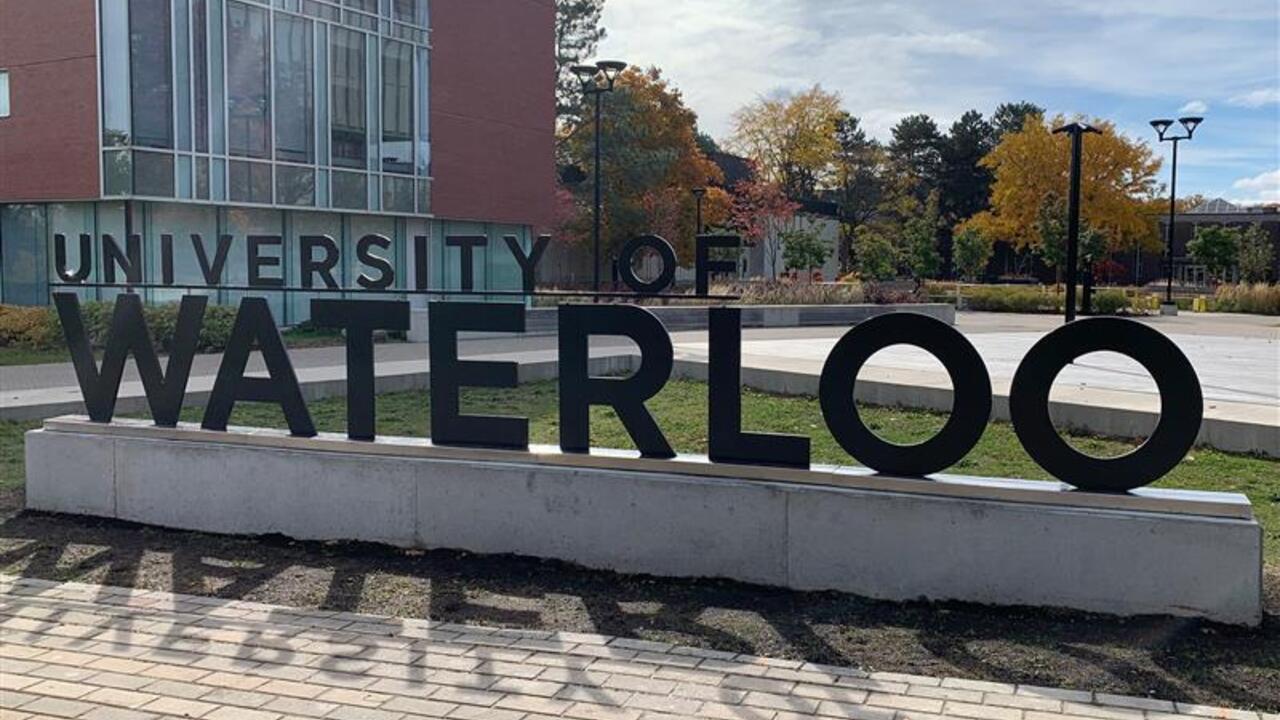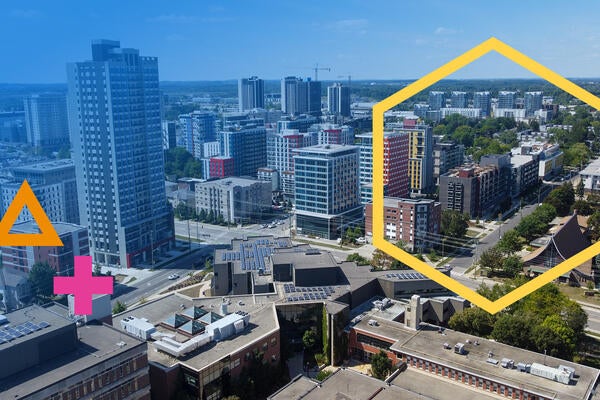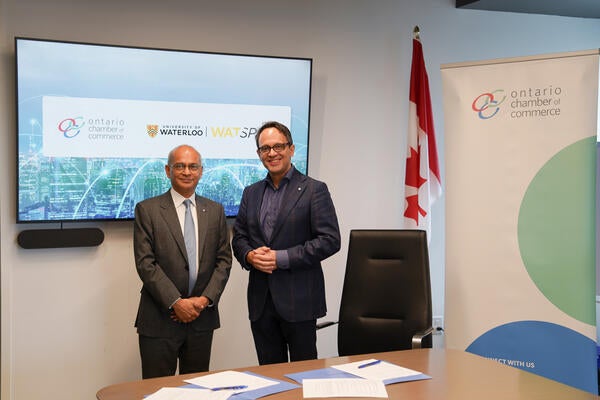
Expert Advisory – Water security
700 million people in 43 countries currently suffer from water scarcity.

700 million people in 43 countries currently suffer from water scarcity.
By Media RelationsWater covers the majority of the Earth's surface and is essential to the survival of all life on the planet, nevertheless, 700 million people in 43 countries currently suffer from water scarcity.
Water use has been increasing globally at more than twice the rate of the population growth in the last century, and a rising number of regions are reaching the limit at which water services can be sustainably delivered.
In June, water experts from around the world will gather in Toronto to discuss this important issue of water security at Elsevier’s First International Conference on Water Security. University of Waterloo’s professors will be delivering keynotes at the conference and are available to speak on this subject.
Philippe Van Cappellen - Canada Excellence Research Chair Laureate in Ecohydrology
Philippe Van Cappellen is a Water Institute member and professor of Earth and Environmental Sciences at the University of Waterloo. He is also the co-chair of the Conference on Water Security. His research is closing major gaps in our understanding of how humans are changing the flows and quality of water at the local to global scale.
“Water security is the greatest challenge facing our planet today. We urgently need new platforms and tools to move scientific knowledge and data into solutions that mitigate the impacts of human activities on the availability and quality of freshwater resources.”
Susan Elliott – Geography and Environmental Management
Susan Elliott is a Water Institute member and professor of Geography and Environmental Management at the University of Waterloo, with a particular interest in global environmental health. She is an Adjunct Professor with the United Nations University Institute for Water, Environment and Health (UNU-INWEH)and a partner in much of the global water and sanitation research that she undertakes. Currently, she is involved in an interdisciplinary project for the QES-Advanced Scholars Program, ‘Water Security as a Foundation for Healthy Communities and Sustainable Livelihoods.’
“A sustainable supply of clean water is fundamental for agriculture and food security, the environment and health, and maternal and child health. Climate change has severe impacts on water supply and sanitation due to increasing levels of severity of droughts and increasing flood risks. This threatens the health of communities and the sustainability of livelihoods in low and middle-income countries and has particularly acute impacts on women and girls.”
Rob de Loë – Environment, Resources and Sustainability
Rob de Loë is a Water Institute member and professor in the School of Environment, Resources and Sustainability at the University of Waterloo. During the past two decades, he has written and consulted extensively about water governance and management in relation to topics such as source water protection, water allocation, and climate change adaptation.
“Water security is a balancing act. In a time of increasing variability, competition and uncertainty, we need effective ways to meet human and environmental water needs. Good science is necessary, but not sufficient. Water security can only exist where governance systems are strong and effective.”
-30-
University of Waterloo is Canada’s top innovation university. With more than 36,000 students we are home to the world's largest co-operative education system of its kind. Our unmatched entrepreneurial culture, combined with an intensive focus on research, powers one of the top innovation hubs in the world. Find out more at uwaterloo.ca.
-30-
Ryon Jones
University of Waterloo
519-888-4567 ext. 30031
www.uwaterloo.ca/news
@UWaterlooNews

Read more
President of Waterloo EDC says the University of Waterloo plays a pivotal role in region’s economic development on the global stage

Read more
The faculties of Science and Arts introduce a new theatre and performance course tailored to Science students

Read more
Waterloo’s WatSPEED to provide businesses with access to AI upskilling programs in new province-wide initiative
The University of Waterloo acknowledges that much of our work takes place on the traditional territory of the Neutral, Anishinaabeg and Haudenosaunee peoples. Our main campus is situated on the Haldimand Tract, the land granted to the Six Nations that includes six miles on each side of the Grand River. Our active work toward reconciliation takes place across our campuses through research, learning, teaching, and community building, and is co-ordinated within the Office of Indigenous Relations.